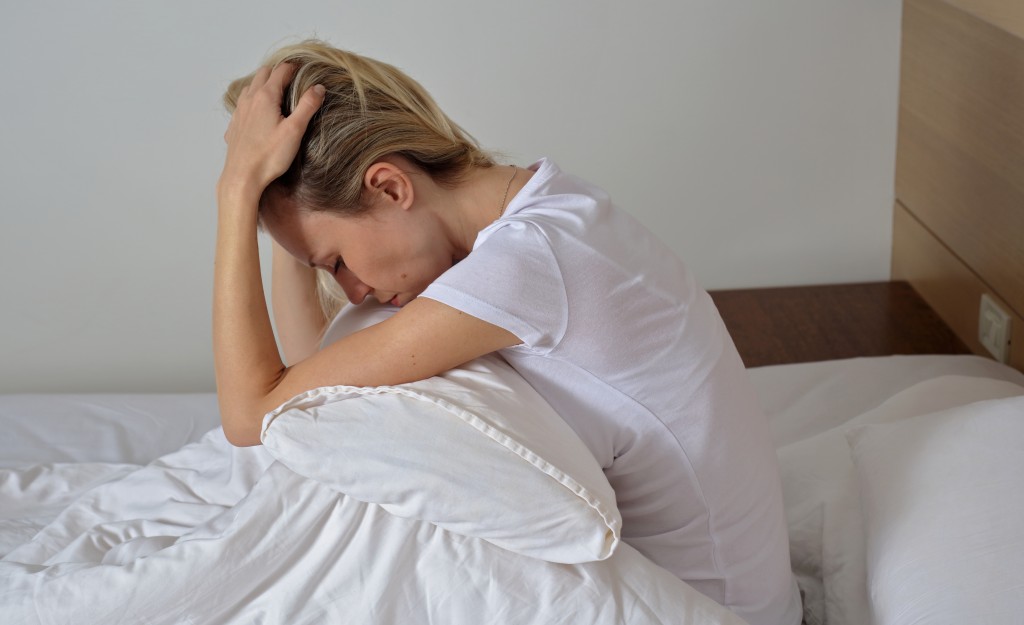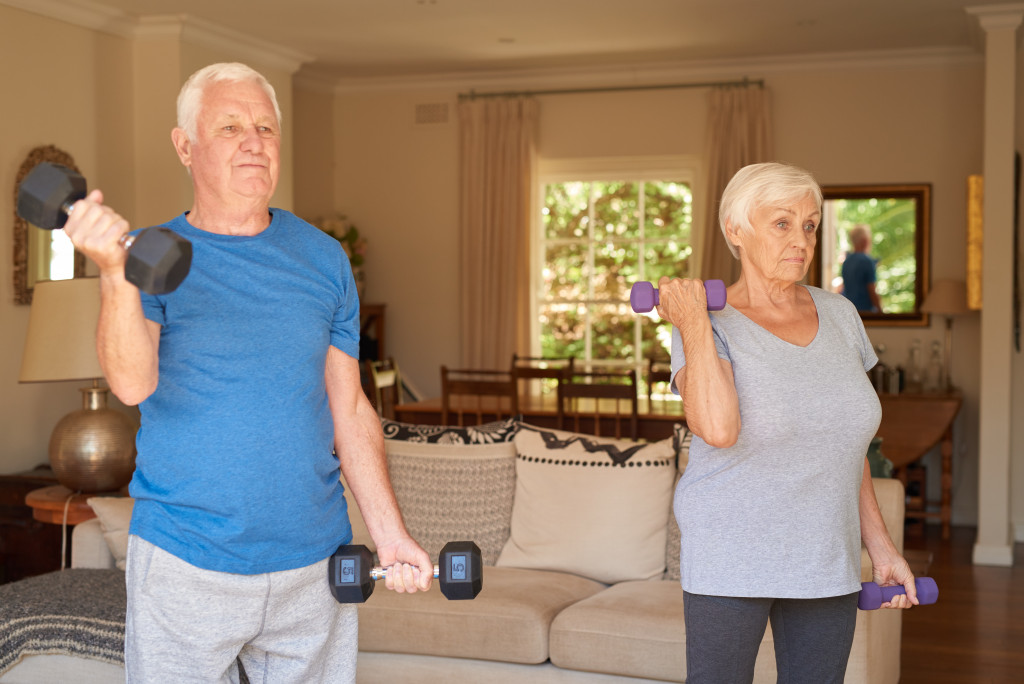Regardless of your age, it’s essential to take care of your body. If you’re a senior, you have to take extra care of yourself. Your body isn’t as healthy and agile as it once was, so you’re more susceptible to diseases. Any chronic conditions you might have can also worsen even the simplest of ailments. Pneumonia, for example, can be a consequence of the common cold. Make sure to look after yourself by following these steps.
Consult the experts
Before you heed our advice–or anyone else’s–remember to consult your doctor first. Medical advice from friends, family, and the internet can sometimes be helpful, but they aren’t tailored for you. For recommendations made specifically for your needs, it’s best to consult a doctor.
Get moving
Exercise is one of the best ways to keep your body healthy, and there are still ways to do it even at an older age. Again, it’s best to consult an expert first. Asking your doctor is an excellent place to start. A fitness coach or personal trainer will recommend workouts based on your age and medical conditions. If you’re a resident at an assisted-living center, these types of consultations will be very easily accessible. Exercise and other recreational activities are highly encouraged–they’re even part of the routine–at such places, so they’ll be delighted to offer you support.
Generally speaking, however, outdoor walks are a good, low-impact exercise for all ages. Spending time outside brings a multitude of health benefits, including lowered levels of stress, anxiety, and depression. The release of tension and stress will help you sleep better and feel more relaxed.
Keep a balanced diet
As the saying goes, you can’t out-train a bad diet. Fuel your body with the nutrients it needs to function properly. Make sure to take the right supplements, vitamins, and other medications that you need.
Since your immune system isn’t as resistant as it used to be, know what you’re allergic or sensitive to. We can develop more allergies in adult life. Some of these might be to the food we eat, the things we touch, or even the medications we take. Know what your body doesn’t respond well to, so you can avoid the unpleasant manifestations–hives, rashes, or difficulty breathing, to name a few.
Keep your brain sharp
Your mind needs its own workout. A few of the tips doctors give to older patients for keeping their minds sharp as they age include using all their senses and learning new things. Make it a habit to stay mentally active by doing crossword puzzles, playing bridge or chess, reading, or taking classes. Dancing is a form of exercise that works the mind as well as the body, so don’t be afraid to take a dance class.
Mindfulness meditations are a great way to activate awareness of your senses. They require you to observe bodily sensations, emotions, and thoughts. Meditation is also an effective way to cope with stress.
Manage your stress

COVID-19 might have taken away our ability to travel indefinitely, but there are still other things we can do to unwind. Many people have turned to baking and cooking to cope with their anxiety in quarantine. It turns out that baking is a kind of mindfulness exercise, which, as we’ve mentioned, is a way to cope with stress.
Other things you can do include gardening, which gives you a good reason to go outside. It also gives you a rewarding feeling to watch your plants grow every day.
Socialize
Interacting with others brings mental and emotional benefits. See to it that you talk to your families, friends, and other loved ones. Humans are social creatures, after all. While being in a pandemic has forced us to make changes in the way we communicate with others, remote modes of interaction remain easily accessible.
Get enough rest
This is advice you’ll receive no matter what age you are. Sleep is when the body heals and recovers from the day’s activities. Short-term sleep deprivation slows reflexes and cognitive ability. Long-term deprivation is linked to many serious diseases that afflict both mental and physical functions. Make sure to give your body enough time to recharge.
See your doctors regularly
Maintenance is key. Have annual check-ups and remember to have your teeth and eyes looked at regularly, too. Yearly physicals help doctors spot diseases in their early stages.
Practice good hygiene
Whether or not there’s a pandemic, we should all be practicing good hygiene on the daily. Wash your hands with soap and water regularly and disinfect belongings you frequently use, like your phone. Avoid going out to public spaces, but if you have to, wear a mask and practice social distancing.
Taking care of oneself is something people of all ages must take seriously. Once you reach your 60s, your body will be more vulnerable to diseases and need more care and attention. Consult the proper specialists to know your body’s specific needs, and maintain a healthy lifestyle to ensure a better quality of life for years to come.



